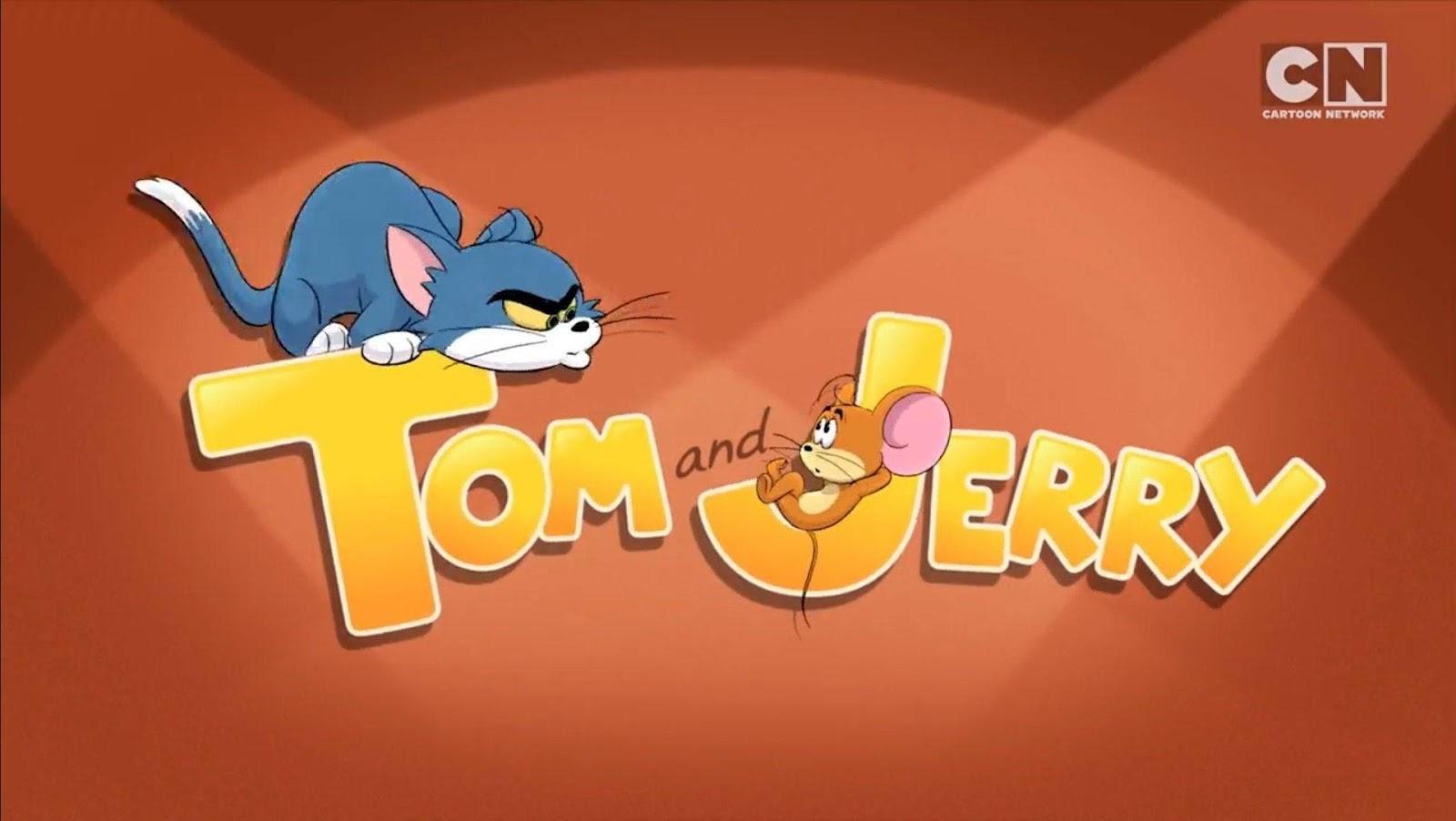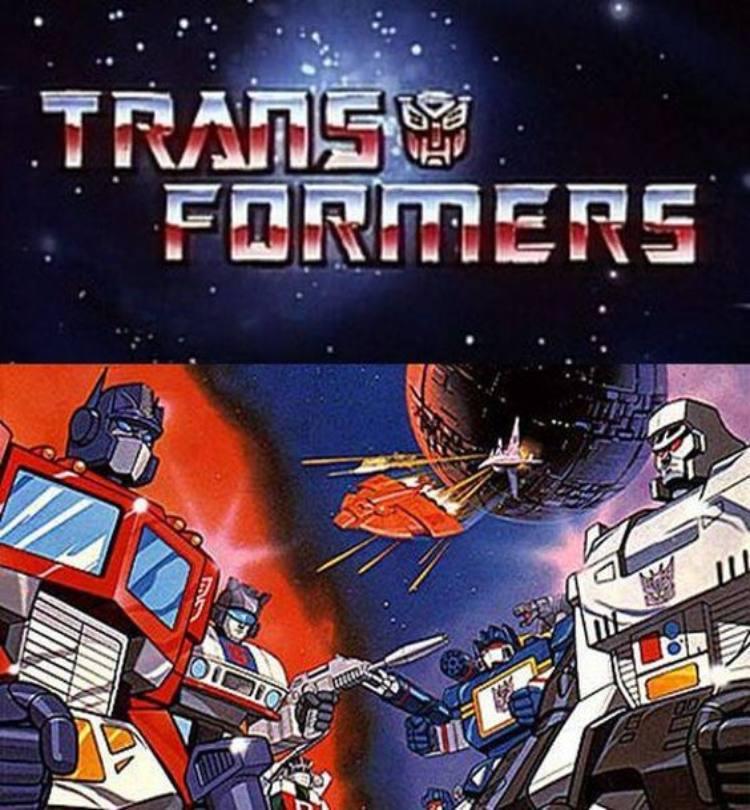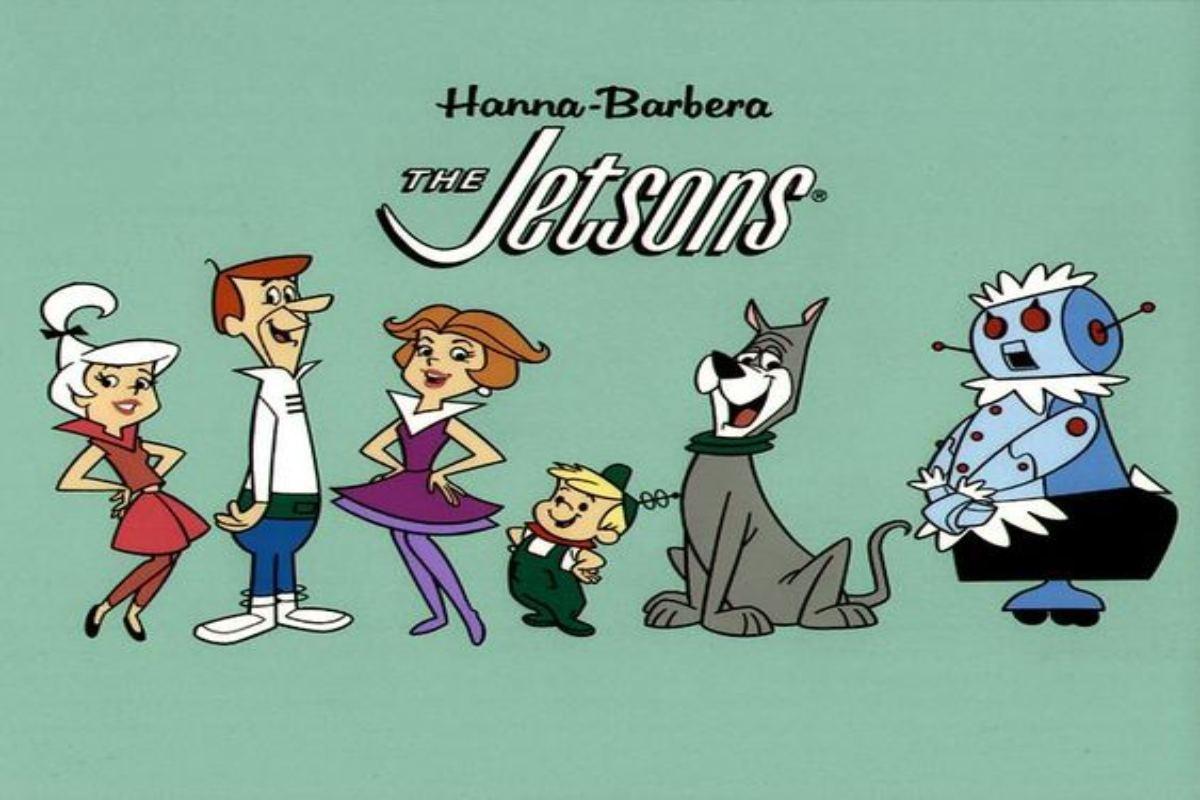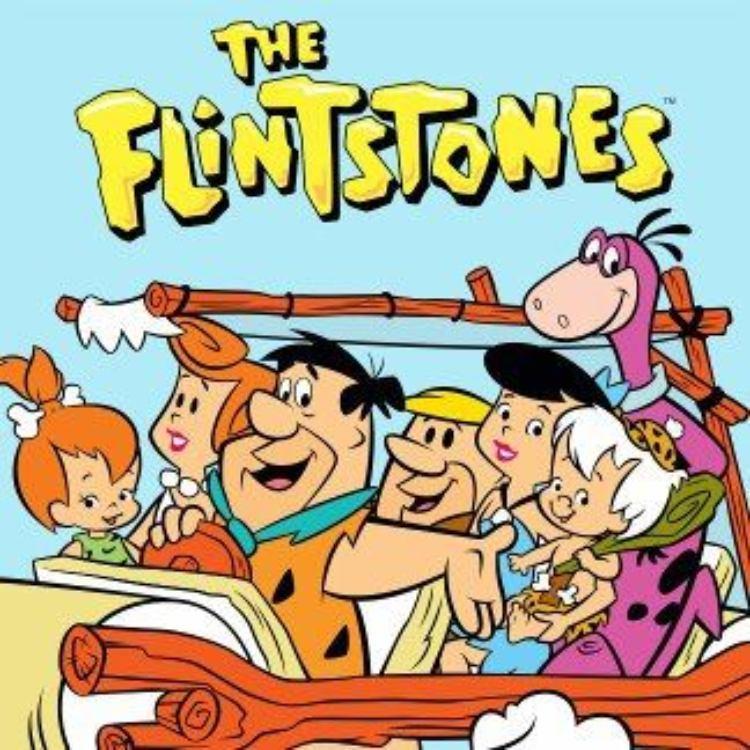These 5 Iconic Cartoons Would Offend People if on Air Today
As times change, it’s easy to see how perceptions of societal issues have evolved. Looking back, old children’s cartoons have several traces and symbols of racism. We will be looking at some of the cartoons that would be considered offensive if they debuted now.
The first on our list is the famous Mister Magoo. Asides from the main character being offensive to the visually impaired, the series featured the blatantly racist character “Cholly” (Charlie). Cholly was an offensive stereotype of Chinese people with big fangs and small eyes.
Tom and Jerry
Many people still love Tom and Jerry. Sadly, closer examination shows that the early episodes of the classic program were filled with racial stereotyping. The owner of Tom’s character, Mammy Two Shoes, who personified the “mammy” stereotype, is one example.

Source: HannaBarberaCap/X
Additionally, several episodes had explosions that coated Tom and Jerry in soot, comparable to blackface, underscoring the offensiveness of the content.
The Transformers
Popular 1980s cartoon, The Transformers, came under fire for its cultural insensitivity. In particular, episodes like “Aerial Assault” portrayed Middle Eastern characters as villains, linking them to prejudices prevalent at the time, including the Iran-Contra scandal.

Source: Karen Langenfeld/Pinterest
The “Thief in the Night” episode also included an Arab monarch called Abdul Fakkadi from the made-up nation of “Cambombya.” This was considered insulting even at the time.
The Jetsons
Family comedy “The Jetsons” chronicles the space-age antics of the show’s titular family: George (the patriarch), his wife Jane, their children Judy and Elroy, their adorable dog Astro, and the helpful robot maid Rosie.

Source: Flickr/Pinterest
The Jetsons provided a delightful future vision with flying cars, robots, and sky-high cities. However, the cartoon lacked diversity, as every character was white, raising concerns about racism by omission.
The Flintstones
While this program amused viewers with its timeless humor, it also highlighted the sexism and misogyny common in the 1950s. Fred Flintstone often acted threateningly toward his wife, Wilma.

Source: Corinne Jacob/Pinterest
The portrayal of Wilma and her companion Betty as stay-at-home wives who take care of their husbands’ needs reinforced conventional gender roles In the “The Happy Household” episode, Fred sabotaged Wilma’s profession to support the notion that a woman’s only duty was to her husband.
